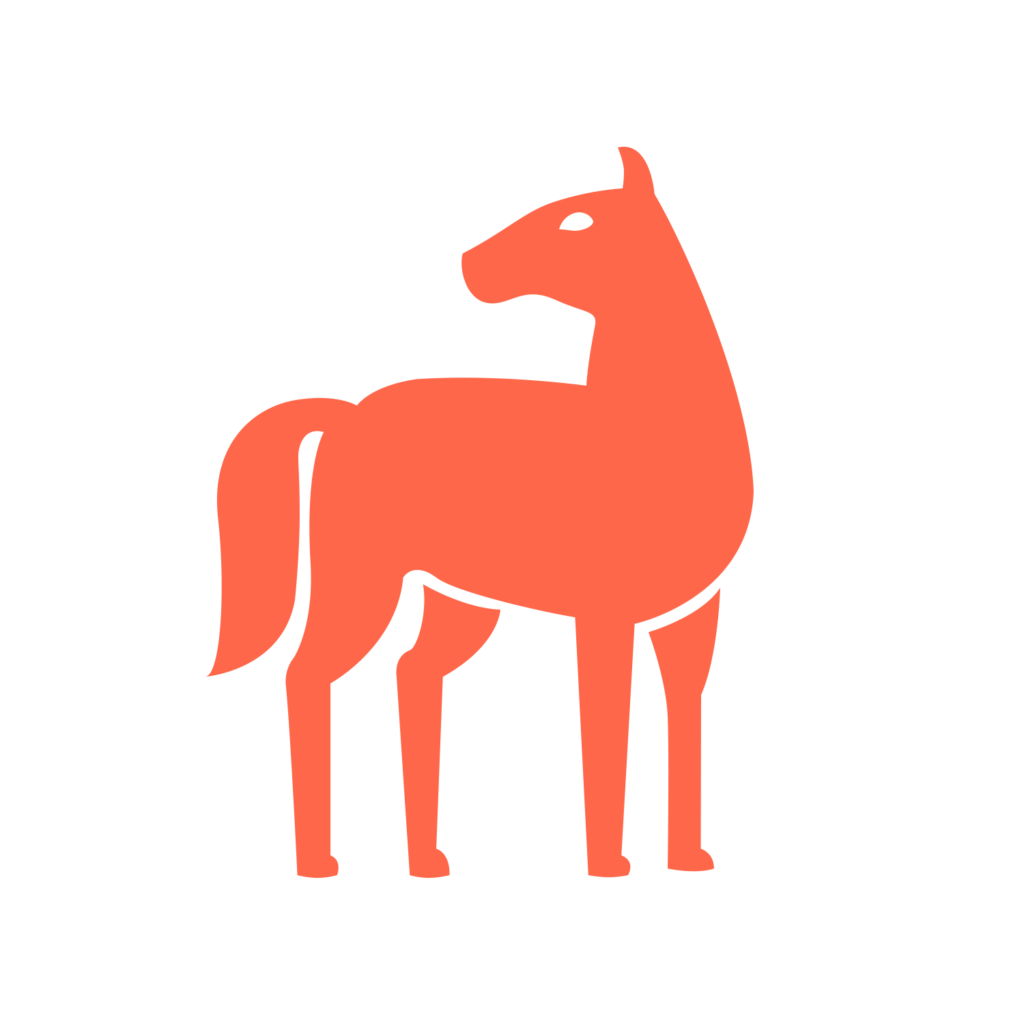

Immune Mediated Myositis and MYH1 Myopathy
Turnaround: 3-5 business daysTurnaround: 7-10 business days
Price: $40.00Price: £30.00
Breeds: American Cream Draft Horse, American Indian, Appaloosa, Appaloosa Cross, Appaloosa/Friesian, Appaloosa/Quarter Horse, Appaloosa/Thoroughbred, Appendix, AraAppaloosa, Arabian/Paint, Arabian/Quarter Horse, Australian Stock Horse, Azteca, Baroque Pinto, Belgian Draft Horse, Canadian, Cleveland Bay, Clydesdale/Paint Cross, Colonial Spanish Horse, Crossbred, Draft Horse, Draft Trotter, Friesian Cross, Grade Horse, Marsh Tacky, Miniature Appaloosa, Mixed Breed, Mixed Breed (Horse), Morgan Horse, Mustang, Origine Constatée, Paint Cross, Paint Horse, Paint Horse/Thoroughbred, Paint/Warmblood, Ponies of America, Pura Raza Espanola, Quarter Cross, Quarter Horse, Quarter Pony, Quarter/Paint Horse, Quarter/Stock Horse, Quarter/Thoroughbred, Quarter/Warmblood, Sendera Draft, Spanish Barb, Spanish Mustang, Spotted Draft Horse, Stock Horse, Stonewall Sporthorse, Sugarbush Harlequin Draft, Thoroughbred, Unspecified, Welsh Mountain/Quarter Horse
Description
Immune Mediated Myositis (IMM) is an incomplete dominant autoimmune disorder which causes muscular atrophy and stiffness in Quarter Horses. Horses with two copies of the mutation associated with IMM are more likely to develop symptoms than horses with a single copy, although environmental factors can play a role. IMM typically affects horses younger than eight years old and older than seventeen years old. IMM episodes typically last several days to several weeks and can be fatal if mismanaged.
An affected horse’s immune system attacks the horse’s skeletal muscles. This attack causes the muscular atrophy and stiffness seen in horses with IMM. Horses with IMM have a mutated MYH1 gene, which codes for a protein called 2X myosin. An affected horse’s immune system is unable to tolerate the presence of this protein, leading to an attack on the muscles. Certain infections, such as a Streptococcus infection, and certain vaccines, like the influenza vaccine, are thought to potentially trigger symptoms of IMM. After an immune episode, muscle mass typically returns to the horse within a few months with proper care. Symptoms include:
- Muscular atrophy in the back and rear
- Depression
- Loss of appetite
- Fever
- Stiffness
- Difficulty standing
Although IMM itself cannot be cured, this disorder can be managed. Corticosteroids are primarily used to help a horse ease off of an autoimmune episode and can be effective as soon as 72 hours after administration. The sooner a horse is treated, the higher the likelihood that the horse survives the episode. Furthermore, recovering horses should be fed a special protein-heavy diet in order to help them regain muscle mass. If the episode is suspected to have been caused by a vaccine, determining which vaccine caused the episode is important so as to properly manage future incidences. Horses with two copies of the mutation are at the highest risk of recurring episodes.
Horses can inherit this mutation from their parents. Horses with one copy of IMM are susceptible to having autoimmune episodes, while horses with two copies of the IMM mutation are more susceptible to an autoimmune episode and the chance of having recurring autoimmune incidences. As IMM is an inheritable disorder, it is important to test horses prior to breeding in order to best manage potential outcomes.
Possible Results
| Genotype | Description |
|---|---|
| IMM/IMM | At Risk: Horse has two copies of the mutation associated with Immune-Mediated Myositis and has a higher susceptibility of being affected by disorder. Horse will pass on a copy to all offspring. |
| N/IMM | At Risk: Horse has one copy of the mutation associated with Immune-Mediated Myositis and is susceptible to developing the disorder. Horse has a chance of passing on the gene to any offspring. |
| N/N | Clear: Horse is negative for the mutation associated with IMM. |
Reference
Finno CJ, Gianino G, Perumbakkam S, Williams ZJ, Bordbari MH, Gardner KL, Burns E, Peng S, Durward-Akhurst SA, Valberg SJ. Skelet Muscle. 2018 Mar 6;8(1):7. doi: 10.1186/s13395-018-0155-0. [PMID: 29510741]